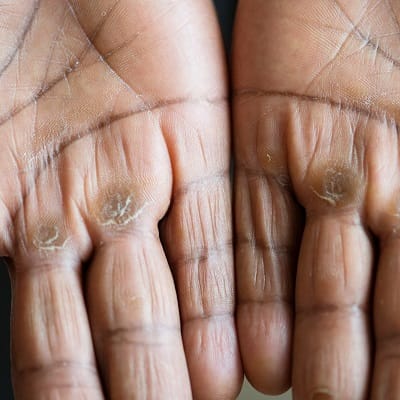
Getting healthier, preventing injuries, and managing long-term pain all depend on physiotherapy—physical treatment. Patients can maintain and enhance their health using a range of approaches. One may inquire, “How long does a normal physiotherapy session last?” Knowing when, how, and what will change about these sessions can help you prepare ready, create reasonable objectives, and maximise your therapy whether your recovery from surgery, an injury, or a long-term disease.
What to Expect in a Physiotherapy Session?
Understanding what occurs during a normal session helps one to discuss the duration of a session. Usually, the session consists in an initial assessment, practical therapy, customised routines, and instruction on personal maintenance for the disease. Your development and the physiotherapist’s recommendations will affect the length of time you spend on each part and their arrangement.
How Long Does a Physiotherapy Session Last?
If you are considering the process, you may have a question How Long Does Physiotherapy Session Last? Regarding new patients, the initial visit sometimes lasts more than follow-up visits as it comprises a complete review. You have ahead of you this:
Time: Usually, the initial meeting runs for forty-five minutes or an hour.
The physiotherapist measures your range of motion, checks your balance, investigates the cause of your issue, and provides a broad assessment of your general physical condition.
Following the assessment, the therapist discusses with you creating a treatment plan appropriate for your daily calendar, wishes, and objectives.
This extended session ensures the patient is comfortable and conscious of what is happening and allows the therapist time to create a firm basis for effective therapy.
Regular Physiotherapy Sessions: Timing and Components
The type of treatment, the ailment being treated, and the personal development will all affect the length of time for frequent physiotherapy visits. Usually, follow-up visits come faster than their initial ones. Normal timings for several areas of a conventional session are listed here:
- Most meetings include hands-on therapy, joint mobilisation, massage, or other forms of physical labor. This section usually lasts 10 to 15 minutes.
- Personalised workouts to increase strength, flexibility, and balance might take 15 to 20 minutes to complete.
- Review of Education and Advancement The therapist will examine your development and guide you on correct movement or pain management. Doing this part takes five to ten minutes.
- Usually, sessions go thirty to sixty minutes in total. Lessons could endure longer in other cases, such as healing from surgery or sports injuries.
Factors Influencing the Length of a Physiotherapy Session
Regarding class times, there is no one solution that fits everyone. The following are some significant factors that could affect time length:
- People with major injuries or long-term diseases might require longer courses to recover.
- Type of Physiotherapy: Each kind of physiotherapy may take varying times. A course including physical therapy or dry needling, for example, can last more than one including merely exercise.
- Phase of Treatments: Longer sessions might be required initially while the therapist addresses mobility and pain reduction. Sessions may later be shorter as the therapist concentrates more on exercises.
- While some patients may require longer sessions to completely manage their ailment, others may fare better with shorter sessions more frequently.
Is It Advisable to Extend A Physiotherapy Session?
Longer classes don’t always function better since quality and attention usually count more than duration. Often, especially when combined with at-home activities, shorter, more concentrated courses are just as effective. A qualified physiotherapist may work with any session length to produce outcomes as long as they have a strong awareness of your health and goals.
Benefits of Regular Sessions
Regular physiotherapy can help with pain management, accelerated healing, and easier movement around:
- Massage, hand therapy, and certain exercises can aid with pain and swelling reduction.
- Regular courses help you to be more flexible, which facilitates daily tasks.
- Stronger muscles resulting from therapy exercises help to prevent repeated injuries.
- Sessions designed to meet your requirements speed up your healing.
- Physiotherapy makes your body stronger and better equipped to operate, therefore preventing future issues in addition to helping with present ones.
Final Thoughts:
Lessons in physiotherapy provide a structured approach for improvement; the duration of each session depends on the degree of complexity of the patient’s demands. Every minute of the initial session and all those following that, physiotherapists provide individualized treatment that aids in healing, enhances mobility, and strengthens patients.
Book your appointment with the best physiotherapist in Islamabad, Dr. Iftikhar Ghouri, at Royal Cosmetic Surgery-PK to start a pain-free, happy life. He is well known for his expertise in the field and his patient centric approaches. He will provide you customized treatment for your issues.










Book Appointment